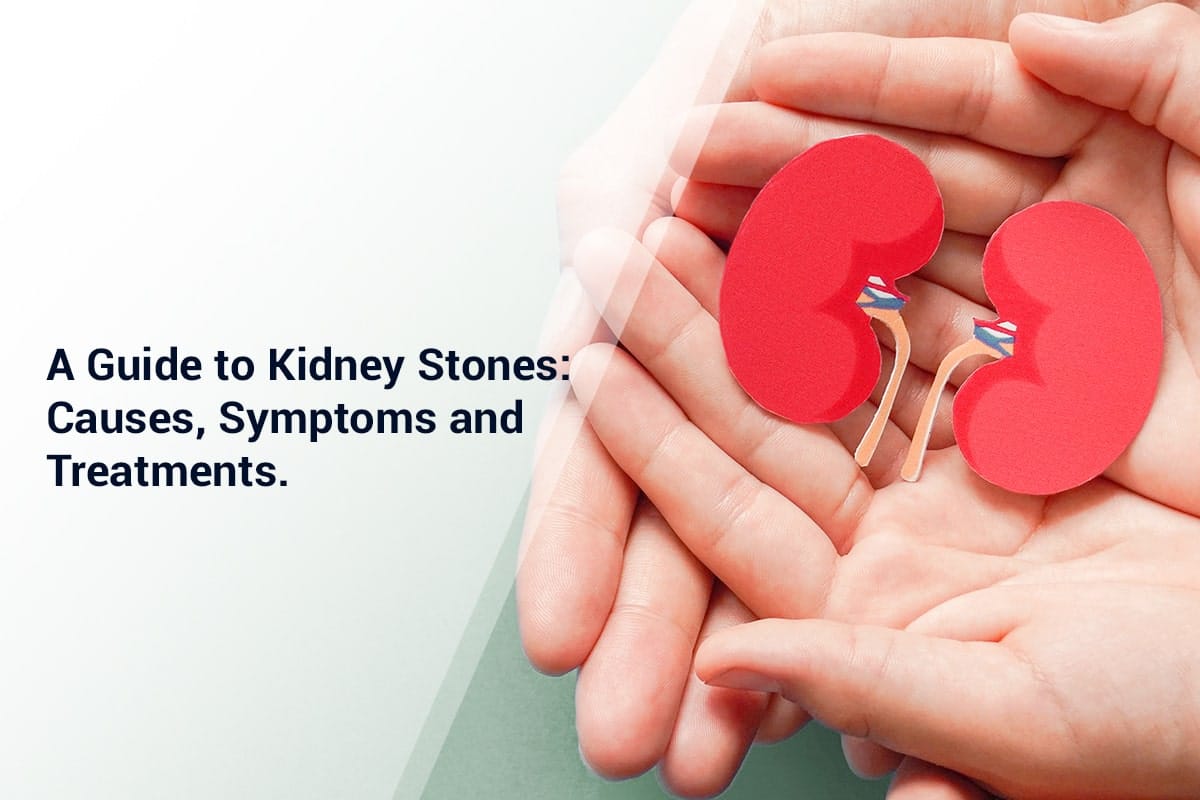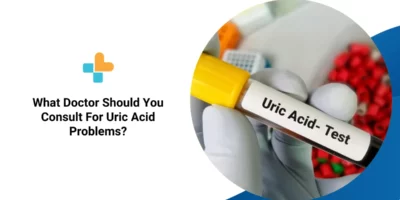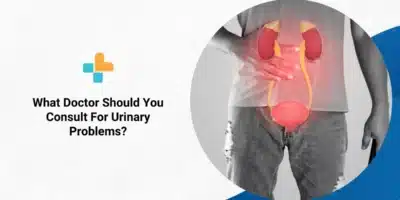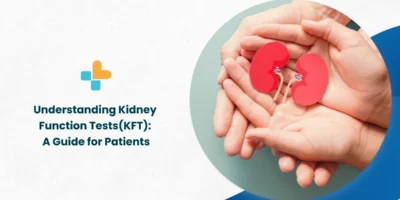Everyone has heard of kidney stones, either because you have had them yourself or because you have witnessed a close family member or friend develop them. And one thing that everyone can agree on is that they hurt!
The pain caused by something as small as a kidney stone is not easily forgotten. Kidney stones are a common occurrence. Over a lifetime, the ordinary individual has a 6 to 12% risk of developing one ? and the numbers are rising.
Before we get into how to prevent having kidney stones and its treatments let’s get a clearer understanding of what a kidney stone is and how they develop in the first place.
What Are Kidney Stones?
In simple terms, kidney stones are made up of waste/toxic substances that the body does not require. These toxins are generally eliminated by your kidneys in the form of urine. When there is too much waste and too little liquid, crystals/stones begin to form.
Kidney stones’ normal size resembles sand or gravel grains and sometimes, in extreme cases, it might be the size of a chickpea. And when the kidney tries to pass these stones, the pain experienced is unimaginable.
You may be thinking that if you drink enough water and don’t let any type of crystal or stone develop, you can keep yourself safe. But it’s not quite that simple.
Types of Kidney Stones
Kidney stones mainly comprise four types:
Calcium Stones:
They are the most common among Indians and are further made up of two types i.e., Calcium Oxalate and Calcium Phosphate. The former type is formed when the body excretes excess calcium and the latter one is formed due to the consumption of acidic foods i.e. when the pH level of the urine rises.
Struvite Stones:
Struvite stones are not so common. They are majorly found in women and are formed due to a Urinary Tract Infection(UTI). Often, these types of stones are very painful as they grow large quite fast without any symptoms. However, these stones can be treated by treating the root cause of the stone i.e., Urinary Tract Infection.
Cystine Stones:
They are formed due to the accumulation of cystine – a naturally formed compound in your body. Although rare and usually small in size, these stones can occur in both males and females. Cystine stones are formed due to genetics and hereditary disorders.
Uric Acid Stones:
If your water intake is lower than normal, then you may develop Uric acid stones. As the name suggests, this stone is formed when the urine becomes acidic. If you are a fan of consuming a non-vegetarian diet, especially meats, fish, and shellfish, then you are at a greater risk of developing Uric acid stones.
Causes of Kidney Stones
Medical research cannot explain why certain people are predisposed to kidney stones. We do know that they run in families, indicating a hereditary susceptibility to the disease.
Other lifestyle and dietary reasons that cause kidney stones include ?
- Dehydration:
If you do not drink enough water or sweat excessively, you are more prone to develop kidney stones because your body cannot make enough urine to dilute the crystals.
- High-oxalate diet
Oxalate is a chemical found in a variety of healthy meals and plant products. Calcium and Oxalate stick together during the formation of urine and could form crystals when there is not enough liquids to dilute it. So try avoiding high-oxalate foods like spinach, almonds, soy products, etc., if you already had a kidney stone.
- Table salt
Also known as sodium. Salty snacks, canned foods, packaged meats, and other processed foods with high sodium content increase your chances of developing a kidney stone.
- Animal protein
Uric acid levels in the body can rise as a result of eating excessive amounts of red meat and seafood. This can build up in your joints and create gout, or it might pass through your kidneys and form a stone.
These are only a handful of the many factors that have been linked to kidney stones. If you are concerned about kidney stones, it is always better to consult a doctor on how to prevent having kidney stones.
Symptoms of Kidney Stones
A kidney stone will normally not show symptoms until it reaches your ureters. When it gets stuck in the ureters, it can obstruct the flow of urine, causing the kidney to enlarge and the ureter to spasm, both of which can be excruciatingly painful. At this stage, you may notice the following symptoms:
- Sharp discomfort in the side and back, just below the ribcage
- Radiating pain to the lower abdomen and groin
- Pain that comes and goes in waves and varies in intensity
- Pain or burning sensation while urinating
- Nausea and vomiting
- Fever and chills
Seek immediate medical attention and make an appointment with your doctor before the pain gets intolerable. If you suspect you or your close family/friend might have kidney stones, make an appointment at Ayu Health. Staffed with the best of doctors and technology, we will provide you with the best quality care.
What Are the Treatments for Kidney Stones
This is for you if you want to know how kidney stones are removed and what treatment was recommended for your family/friend who is soon to have theirs removed. If you prefer not to know the details skip over to the next section and find out howAyu Health ? the best hospital for kidney stones can help.
The type of treatment performed is determined by the size, location, and type of stone you have.
If the stone is tiny enough, you may be encouraged to drink more water to pass it without the need for surgery or other treatments. Larger kidney stones, as well as kidney stones that clog your urinary tract or cause severe discomfort, may necessitate immediate treatment.
Four major treatments can be employed to remove kidney stones when it does not pass on its own ?
- Shock Wave Lithotripsy (SWL)
As the name suggests, Shock waves are used in this procedure to break up kidney stones into little bits. The little particles of the kidney stone will flow through your urinary tract and out of your body with your urine after the procedure.
This procedure typically takes 45 minutes to an hour and may be performed under general anaesthesia, which means you will not feel a thing.
- Ureteroscopy
In this procedure, the doctor uses a long instrument shaped like a tube to locate and remove the stone or to locate and shatter the stone into little pieces before allowing it to pass naturally.
This procedure is also performed under general anaesthesia and you will not feel any pain or discomfort.
- Percutaneous Nephrolithotomy (PCNL)
In some situations, a procedure known as percutaneous nephrolithotomy is required to remove a kidney stone. To remove the stone, a tube will be put straight into your kidney through a tiny incision on your back.
This treatment will require you to stay in the hospital for two to three days to receive and recover from.
- Retrograde Intrarenal Surgery (RIRS)
RIRS is an endoscopic surgery that removes kidney stones by moving through the ureter into the kidney. The procedure treats kidney stones by using a viewing tube known as a fibre optic endoscope and a holmium laser fibre.
The procedure is performed under general anaesthesia and under the supervision of a RIRS specialist or urologist.
If you’ve ever had the traumatic experience of developing kidney stones, or if you’ve ever witnessed your loved ones suffer through the pain, make sure you’re prepared with all the knowledge you’ll need if it happens again.Ayu Health has the best kidney stone hospitals in Bangalore. If you have any queries regarding the treatments or the cost of treatment contact us and we’ll assist you as soon as possible!
How CanAyu Health Help?
We are India’s most trusted network of high-quality hospitals, and we have a team of pre-eminent urologists. We have successfully diagnosed and treated thousands of patients suffering from kidney stones.
Ayu Health offer all modern treatments for kidney stones. Our highly trained urologists specialize in Lithotripsy, Ureteroscopy, and Percutaneous Nephrolithotomy procedures. New age treatments (e.g., Laser RIRS) are encouraged wherever applicable.
For all procedures,Ayu Health offer fixed price packages that are communicated before admission. These include all typical charges associated with surgery. Our intent is for you to focus on getting better, not hidden costs.
| Charges | Ayu Health | Others |
| Hospital Admission / Registration Charge | Yes | No |
| Operation Theater Charges | Yes | Yes |
| Surgery Charges (includes surgeon fees, anaesthetist fees) | Yes | Yes |
| All pre-surgery tests | Yes | No |
| Hospital Stay beyond standard duration | Yes | No |
| Drugs consumed during the hospital stay | Yes | Yes |
| Zero additional charges at the time of discharge | Yes | No |
Ayu Health offers a fixed price package for all surgical procedures
If you are looking for a leading urologist in Bangalore or Chandigarh who can treat kidney stones, you can call +91 – 6366 100 800 or visit us at https://ayu.health/bangalore/speciality/Urology-3 to learn more.
Our Hospital Locations
Urology Surgery Hospitals in Chandigarh | Urology Surgery Hospitals in Bangalore | Urology Surgery Hospitals in Jaipur | Urology Surgery Hospitals in NCR | Urology Surgery Hospitals in Hyderabad
Our Doctors
Urology Surgery Doctors in Chandigarh | Urology Surgery Doctors in Bangalore | Urology Surgery Doctors in Jaipur | Urology Surgery Doctors in NCR | Urology Surgery Doctors in Hyderabad
About the Author

Dr. Udaybhaskar M
Dr. Uday Bhaskar is a renowned urologist currently practicing at Ayu Health, Bangalore.
He is proficient in Endourology, RIRS, (open and laparoscopy), andrology (penile lengthening & penile prosthesis for erectile problems), and other urological procedures. Over the course of his career, he has performed many laser TURPs for prostate enlargement. He also has vast experience in treating renal stones and performing PNCLs.




